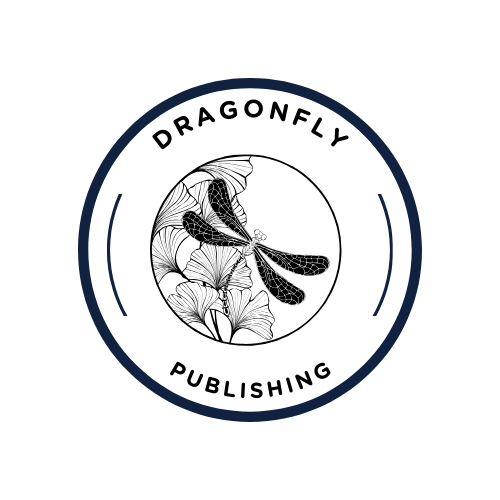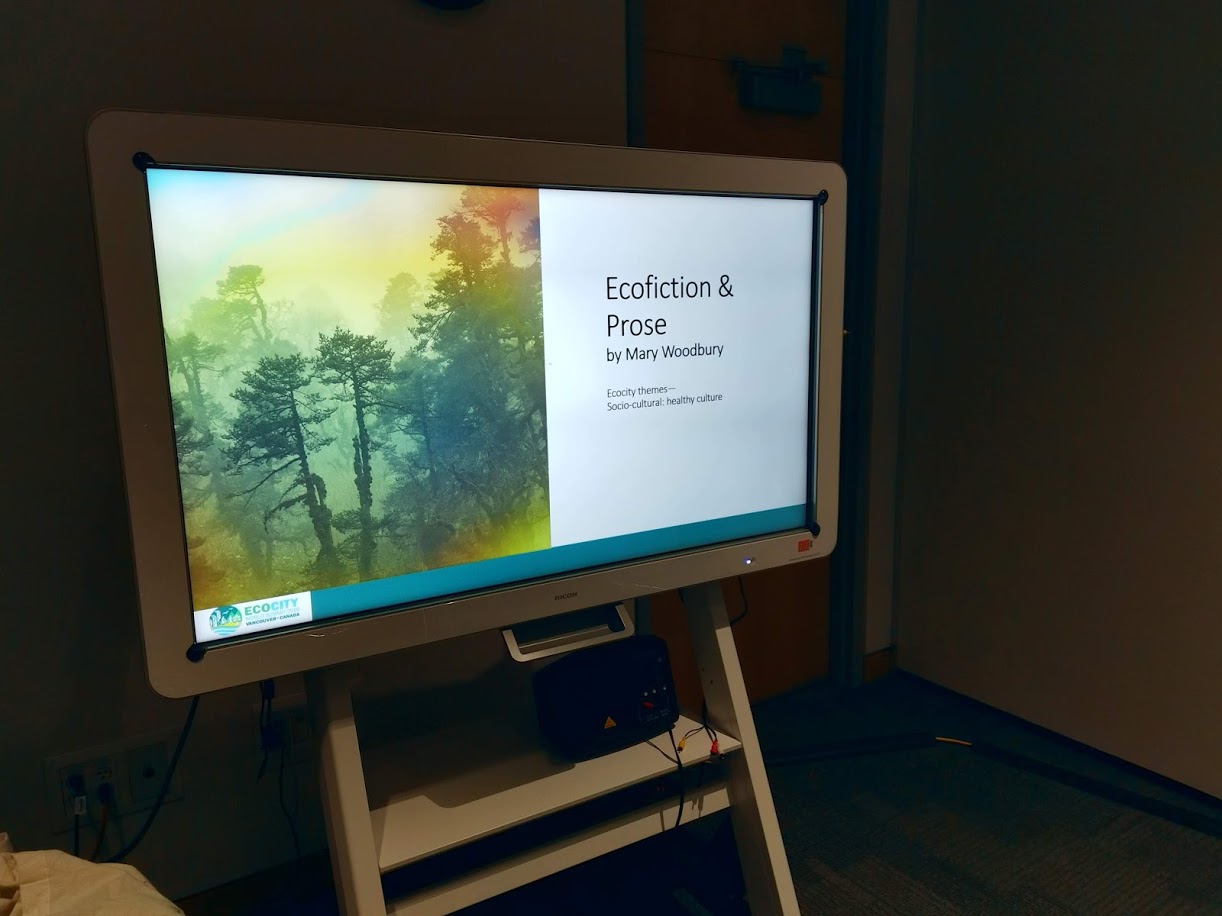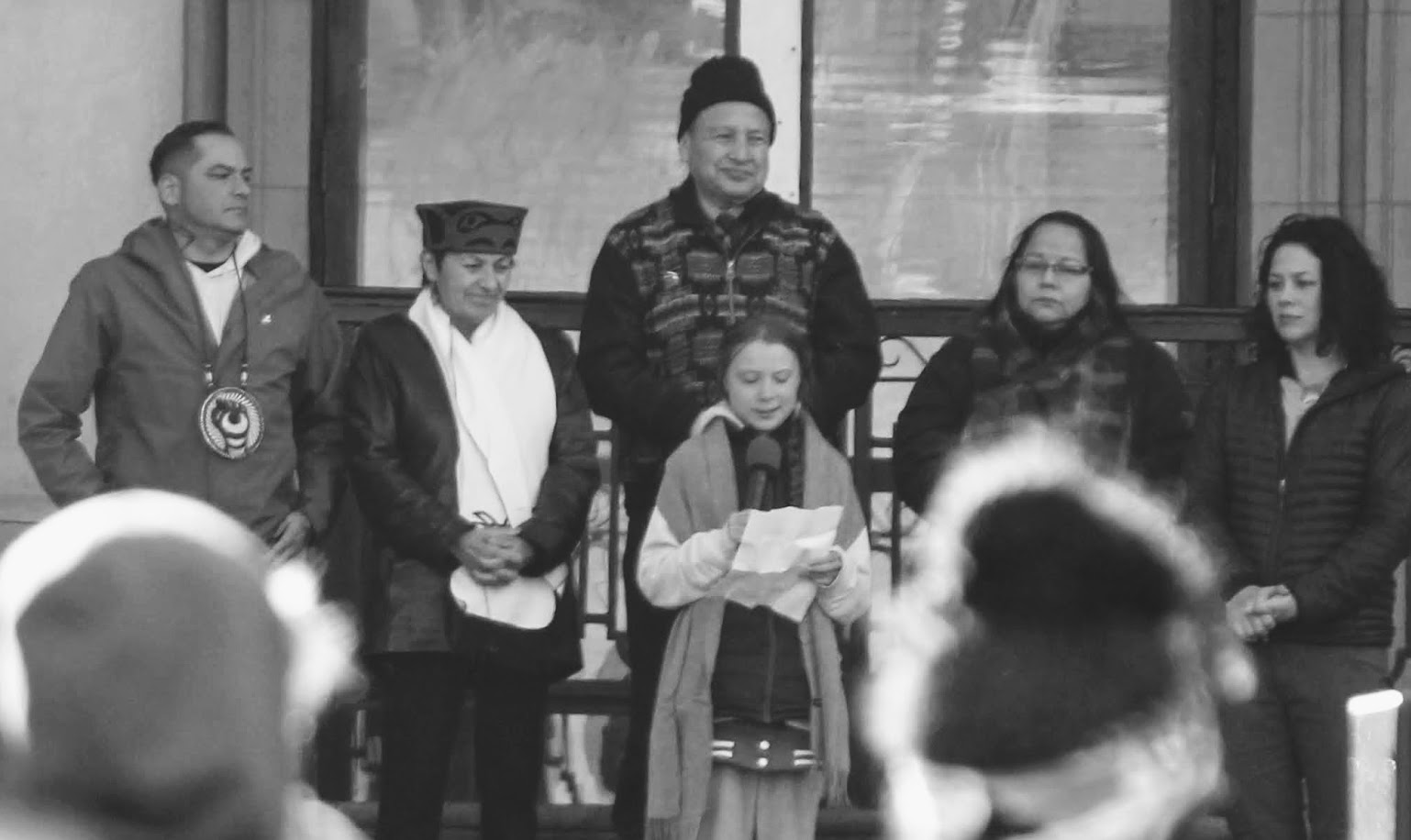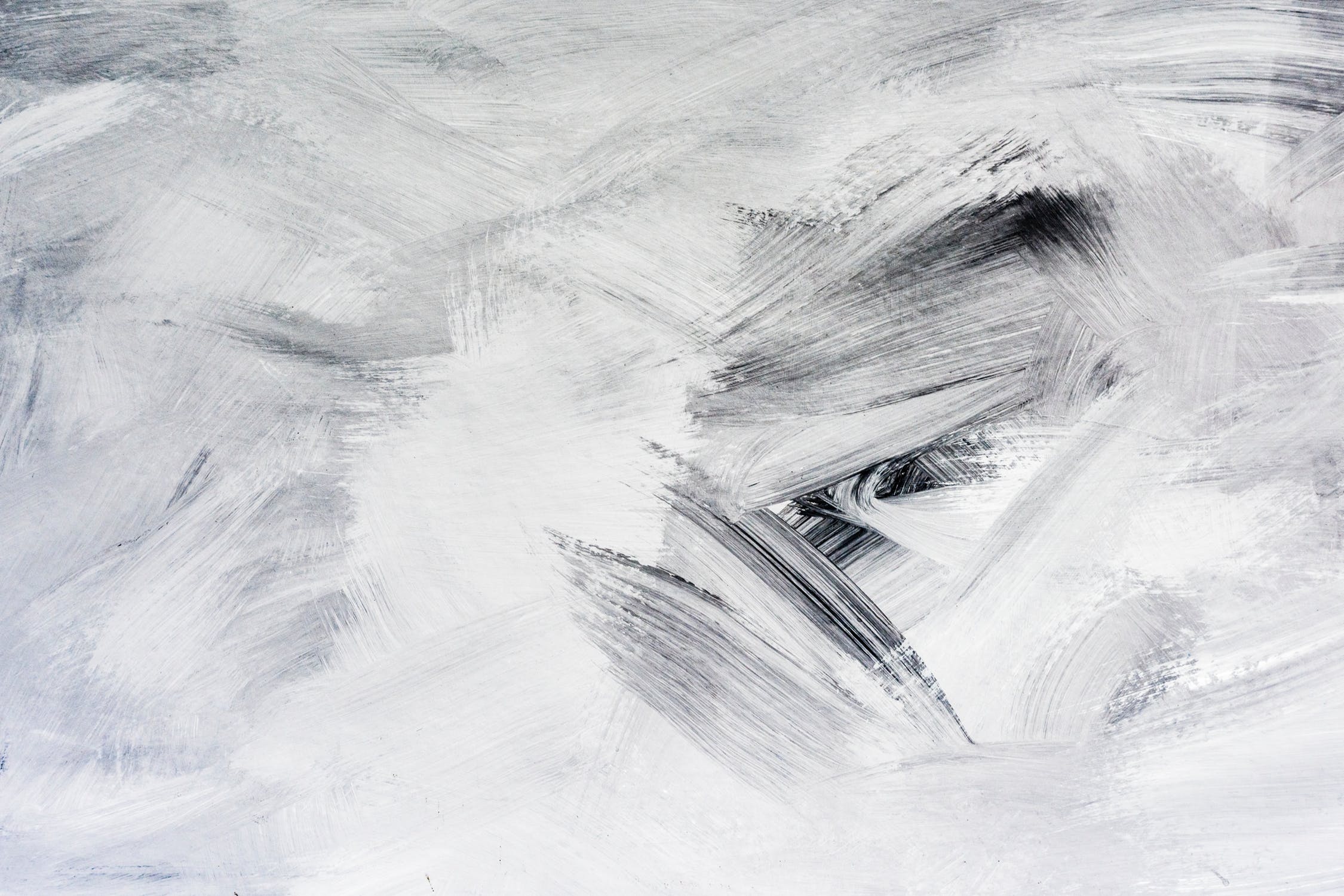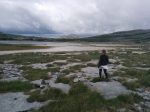It was with pleasure that I participated in the Ecocity Summit in Vancouver yesterday. From the site:
The Ecocity World Summit is the longest-standing international Summit that addresses building cities in balance with nature. It is a biennial event involving over 1,000 delegates from around the world. The first Summit in this series was held in Berkeley, USA in 1990 with the purpose of bringing together bright minds to share knowledge on ecological and sustainable city designs. Ecocity Builders, a nonprofit corporation, has since been convening Summits in different locations around the globe such as Abu Dhabi, UAE in 2015 and Melbourne, Australia in 2017.
The humanities is a huge part of eco-cities, and this is where I joined, presenting a talk and a writer’s workshop about the positive impacts of ecologically oriented prose and fiction. My slideshow is available for download here. Another presentation I watched was about art incubators, which was quite fascinating.
I took the express train to Vancouver and caught a beautiful sunrise, then walked over to the convention center to sign in and upload my presentation. I walked around some, met some people from Finland, got some tea, said hi to the dean of my school (who was moderating the presentations I was part of), and then gave my 15-minute presentation. I don’t feel nervous talking in public, not like I did in freshman Comm 101 giving a speech about the California blue whale! I was thinking about this today, because overall I am kind of shy and don’t get loud. I think that when my dad died and I had to give a little speech at the funeral, I realized everyone there had loved my father very much and they would love to know things about him that I did–little things I remembered through the years. I inserted humor here and there because he was an incredibly witty–and goofy–person. Sharing knowledge with people who are interested and passionate about the same things you are is not “giving a speech”. It’s just being genuine and finding common ground. The workshop went very well too. It was later in the afternoon at the downtown campus, and about 15-20 people showed up, which was just the right amount. I found the participants thoroughly interested and engaged. I got lots of great questions. I also read paragraphs here and there from novels and poetry books I enjoy and had a sample display out on the table.
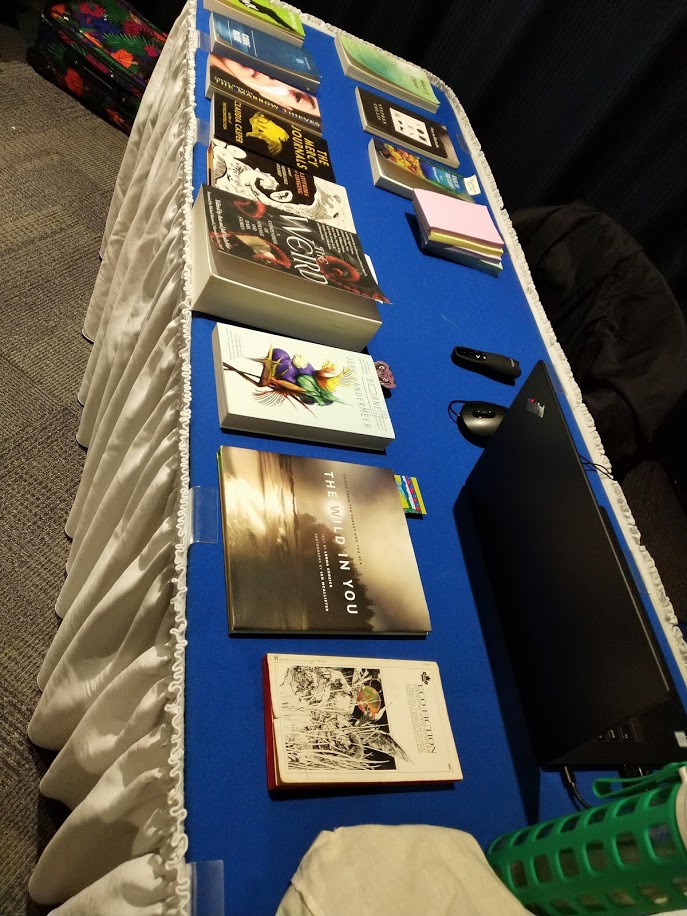
It was kind of an academic workshop, but at the same time we talked a lot about novels, prose, and poetry that involve ecological and climate themes impact us. One of the biggest questions I get at these kinds of events is: Why does it all have to be depressing? Why can’t novels employ more hope?
I thought about this, and told them that ecofiction doesn’t have to elicit sadness or anger or fear only, that hope can be found in lighting a candle in that darkness, that the genre is elastic and broad, just like Cambridge defines it. But then I read where Paul Hawken, one of the speakers at Ecocity, said about taking action: “DONT be hopeful. It’s useless. Hope is the mask of fear […] what we need to be isnt hope-FUL, we need to be fear-LESS.”
That made a lot of sense. Hope is a feeling. It’s not an action unless you do something to actively make hope real. The best thing to do in taking action, whether it’s writing a novel or something else, is to be fearless. We’re living in a new world, folks. I personally don’t want to be stuck with walls around me while twiddling my thumbs and feeling hopeless, just awaiting a novel or someone else or a thing to happen to make me feel hopeful. I get feeling hopeless–we all do sometimes. But we don’t have to be little machines being built on an assembly line awaiting the next part to be added to us to make us feel more whole or better about the state of the world. Hope without action is just a passive thing, a bandaid.
Every bad thing that could be is out there. Even people pretending to be do-gooders are often just actors on a stage and behind the scenes are bullies. For me, personally, the time for platitudes is over. The time for pretense is over. The time for leaders to lie to us and tell us things that don’t make sense is being outwitted by teenagers trying to tell them about science.
So, I see fiction like I do the rest of the world. Good stories, no matter what their theme, are what counts. Stories that bring us closer to the real world. Stories that don’t pretend. Stories that don’t just give us hope but make us admire the fearless in a terrible world. Cause that’s where the heroes always are. Maybe I’m feeling just a little fearless myself. I know things are going to get worse. I wish they didn’t, but they will. We can do things to make it all better, and that’s preferable to sitting around hoping someone else will. But big changes already happening around the world as climate catastrophes and corrupt individuals are flourishing everywhere. It’s time to do our part, to face the darkness, to not give up, to buttress ourselves against the shifting wind, and to not be afraid as we adapt to what’s coming our way.
